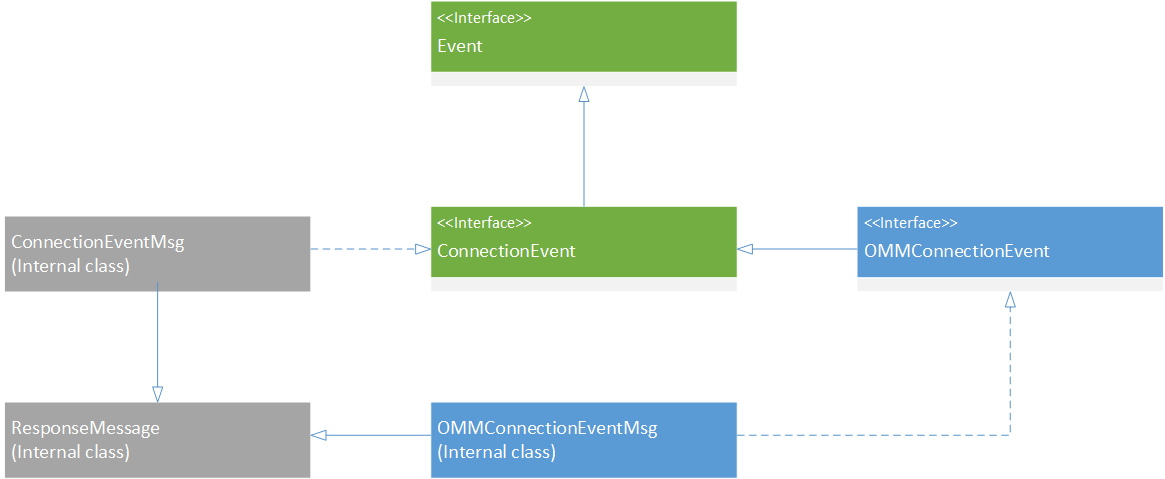Hi
I am trying to register the connections in my app and receive notifications for their status. According to the manual I should be using an implementation of the ConnectionEvent interface. The RFA Java-library (7.0.1 or later) provide you with an implementation of the interface. This implmentation is called: ConnectionEventMsg which extends com.reuters.rfa.internal.common.ResponseMessage on top of implementing the ConnectionEvent interface.
When trying to look at the class my IDE does not give me the full implementation since it is a compiled code and created from the related class file. My real problem is that I need to have a documentation in order to figure out exacty what each parameter for the class constructor means. Some of them are obvious as they are of some class types in the library. But for instance when it comes to the Second argument for the below constructor, I have no idea what this argument is or should be.
public ConnectionEventMsg(
com.reuters.rfa.internal.session.msg.InterestSpecOpenReqMsg interestSpecOpenReqMsg, java.lang.String s,
com.reuters.rfa.session.event.ConnectionEvent.ConnectionType connectionType, com.reuters.rfa.session.event.ConnectionStatus connectionStatus
) { /* compiled code */ }
Is there anyway that I could find the related documentation for the class InterestSpecOpenReqMsg?




